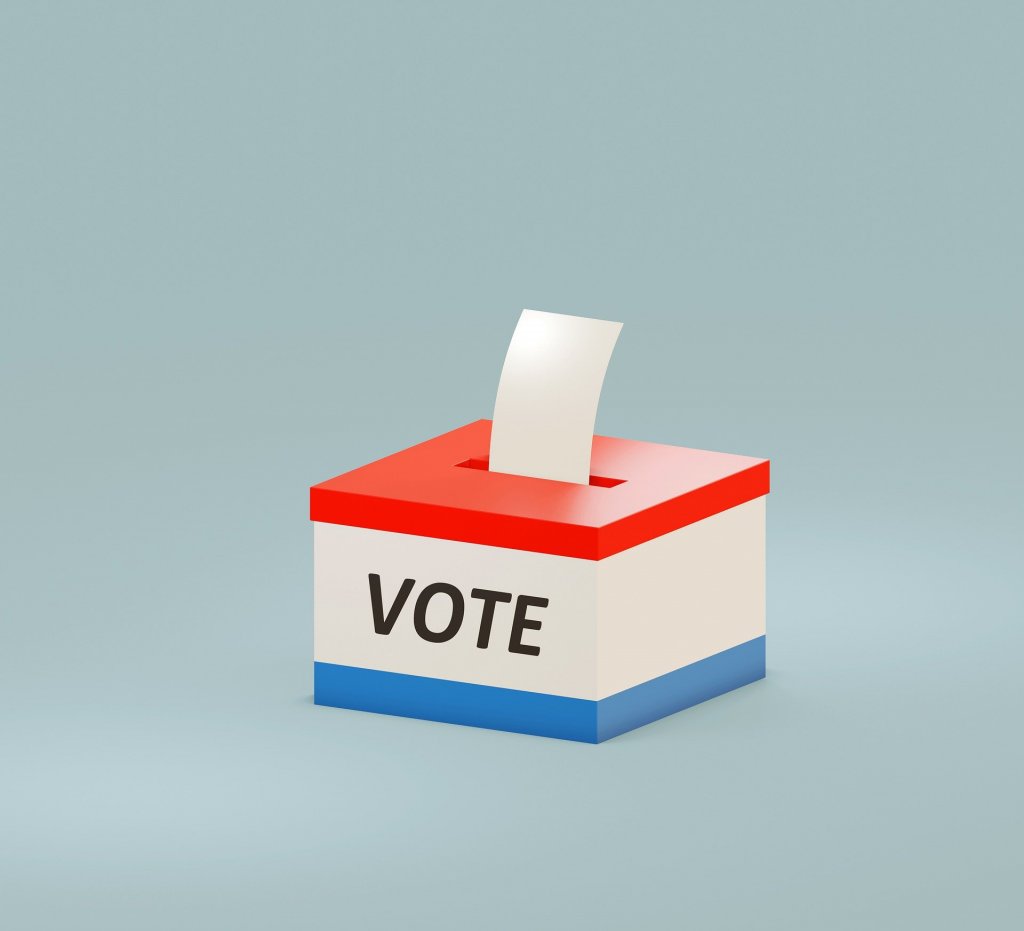
By Takudzwa Josiah – As Zimbabwe prepares for the upcoming presidential election on August 23rd, the underrepresentation of women in the race has become a pressing concern.
Recent statistics highlight a significant gender disparity among candidates, sparking discussions about the inclusivity and gender balance of the electoral process.
According to data released by the Zimbabwe Electoral Commission (ZEC),
out of the 637 candidates running for various positions, only 70 are women, accounting for a mere 11% of the candidate pool.
This figure signifies a decline from the 2018 National Assembly elections, where 237 out of 1648 candidates were women, making up 14.4% of the total candidates.
The gender imbalance is particularly striking at the provincial level. Mashonaland Central, for example, features a single female candidate among 40 contestants, while Bulawayo has 16 female candidates compared to 41 male candidates. Similarly, Harare sees 14 female candidates competing against 96 male candidates. These disparities persist in other provinces as well, underscoring the underrepresentation of women in various regions.
The absence of female candidates in the presidential race is of particular concern. In the 2018 elections, four out of the 23 presidential candidates were women, providing some semblance of gender diversity.
However, this time around, no women are vying for the presidency, raising questions about the progress of gender equality in Zimbabwean politics and the opportunities available for women to lead at the highest level.
Elisabeth Valerio, a prospective candidate for the upcoming election, expressed her concerns through tweets, highlighting the need for equality, justice, and inclusive participation in the country’s elections.
Valerio’s statements have ignited a debate surrounding the potential exclusion of women from the political landscape.
Adding to the concerns, Valerio shared a list of UZA candidates, including herself, whose names did not appear in the Government Gazette published on June 30, 2023. This has raised questions about the transparency and inclusivity of the electoral process, calling for a closer examination of the procedures involved.
In addition to the representation issue, challenges related to nomination fees have also come to the forefront.
Linda Masarira, the president of LEAD, voiced her opposition to the Zimbabwe Electoral Commission (ZEC) over the discriminatory and seemingly unfair fees. Masarira, self-funding her campaign, faced difficulties meeting the payment requirements due to the shortage of Zimbabwean dollars.
Despite making a bank transfer, ZEC rejected her payment and insisted on a cash receipt, shedding light on the financial barriers faced by candidates with limited resources.
The concerns raised by Masarira and Valerio highlight a broader issue regarding the growing perception that politics in Zimbabwe is becoming a realm reserved for the wealthy, potentially excluding ordinary citizens and particularly disadvantaging women.
The requirement for cash payments exacerbates the problem, as the scarcity of Zimbabwean dollars presents challenges for candidates lacking access to sufficient funds in cash.
While some argue that these challenges affect candidates irrespective of gender, others contend that the financial barriers disproportionately impact female candidates, further limiting their representation in the presidential race.